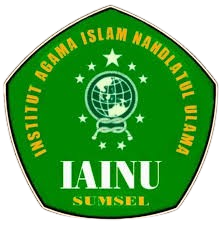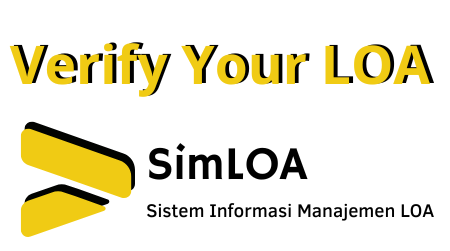ANALISA STIGMA DEMOKRASI TERNODAI OLEH ASUMSI KEBERPIHAKAN PEMERINTAH DALAM PROSES PEMILIHAN UMUM
DOI:
https://doi.org/10.70656/jolasos.v2i1.277Keywords:
Democracy Stigma, General Election, Assumption of Government Bias, Election ManipulationAbstract
Democracy in elections includes the principles of transparency and integrity. A transparent electoral process allows citizens to clearly understand how elections are conducted, from the candidate registration stage to the vote count. Electoral integrity requires fair and non-discriminatory treatment of all voters and candidates, and the prevention of fraudulent or manipulative practices. In recent decades, there has been a significant increase in negative feelings and distrust of democratic processes, particularly with regard to how governments interact in elections. The stigma against democracy in the context of elections has become a major concern in political and academic debates. This article examines this stigma, particularly in relation to the assumption of government partiality in the electoral process. The background summarizes the development of the concept of democracy and the challenges faced in modern electoral practice. The aim is to analyze the impact of such assumptions on the integrity and fairness of elections. The research method used a qualitative approach with a case study and literature review. The results highlight practices that can reinforce the stigma of democracy, including electoral manipulation, state media dominance and restrictions on political freedoms. The conclusion emphasizes the need for concerted efforts to overcome this stigma by improving electoral integrity, increasing government transparency, and strengthening public participation. This article provides important insights for understanding the challenges faced by democracies in maintaining their legitimacy in the eyes of society.
Downloads
References
Jamaludin, & Abdillah, J. (2023). Strategi Pencegahan Politik Uang dan Politisasi Sara dalam Pemilu Serentak. Jurnal Pendidikan Tambusai, 7(1).
Kurnia, Y. (2022). KEADILAN DALAM PENEGAKAN PELANGGARAN ETIKA PENYELENGGARA PEMILU. Jurnal Keadilan Pemilu, 1(2). https://doi.org/10.55108/jkp.v1i2.175
Minan, A. (2019). Evaluasi Pemilu 2019: Problem Proporsionalitas Hasil Pemilu 2019. Jurnal Pengawasan Pemilu, 2(December).
Panjaitan, P. A., Ramadhania, J. A., Lumbangaol, R. S., & David, D. (2023). Analisis Politik Identitas Terhadap Pemilu ( Studi Kasus Di Jalan Sering , Kelurahan Sidorejo , Medan Tembung ). 3, 8744–8752.
Rahayu, S. D., & Rahma, N. S. (2022). Problem Rekrutmen Penyelenggara Pemilu 2024 dan Solusinya. Kajian, 27(2).
Rika Kartika, S.IP., M. S. (2022). PROBLEM DAN TANTANGAN PENGAWASAN PEMILU DI ERA DIGITAL. Jurnal Pengawasan Pemilu, 4.
Sejati, S. B., & Sendhikasari, D. (2019). Jaminan Pemerintah Terhadap Anggota KPPS Dalam Pemilu Serentak 2019. Jurnal Actual Dan Strategis, XI(9).
Sugiarto, B., Soedirman, U. J., Marwah, S., & Soedirman, U. J. (2021). Pengantar Studi Demokrasi Buku Ajar Oleh : Bowo Sugiarto Sofa Marwah Andi Ali Said Akbar Penerbit (Issue August).
yulianto. (2021). Problematika_Dan_Tantangan_Penyelesaian_Sengketa_P. Jurnal Keadian Pemilu , 2.
Downloads
Published
How to Cite
Issue
Section
License
Copyright (c) 2025 Journal Of Law And Social Society

This work is licensed under a Creative Commons Attribution-ShareAlike 4.0 International License.
This work is licensed under a Attribution-ShareAlike 4.0 International.
Jolasos content is licensed under a Attribution-ShareAlike 4.0 International. (CC BY SA 4.0). Authors retain unrestricted copyright and publishing rights of their articles. Authors also grant any third party the right to use or reuse the article freely if its original authors and citation details are identified.






.png)
.png)




